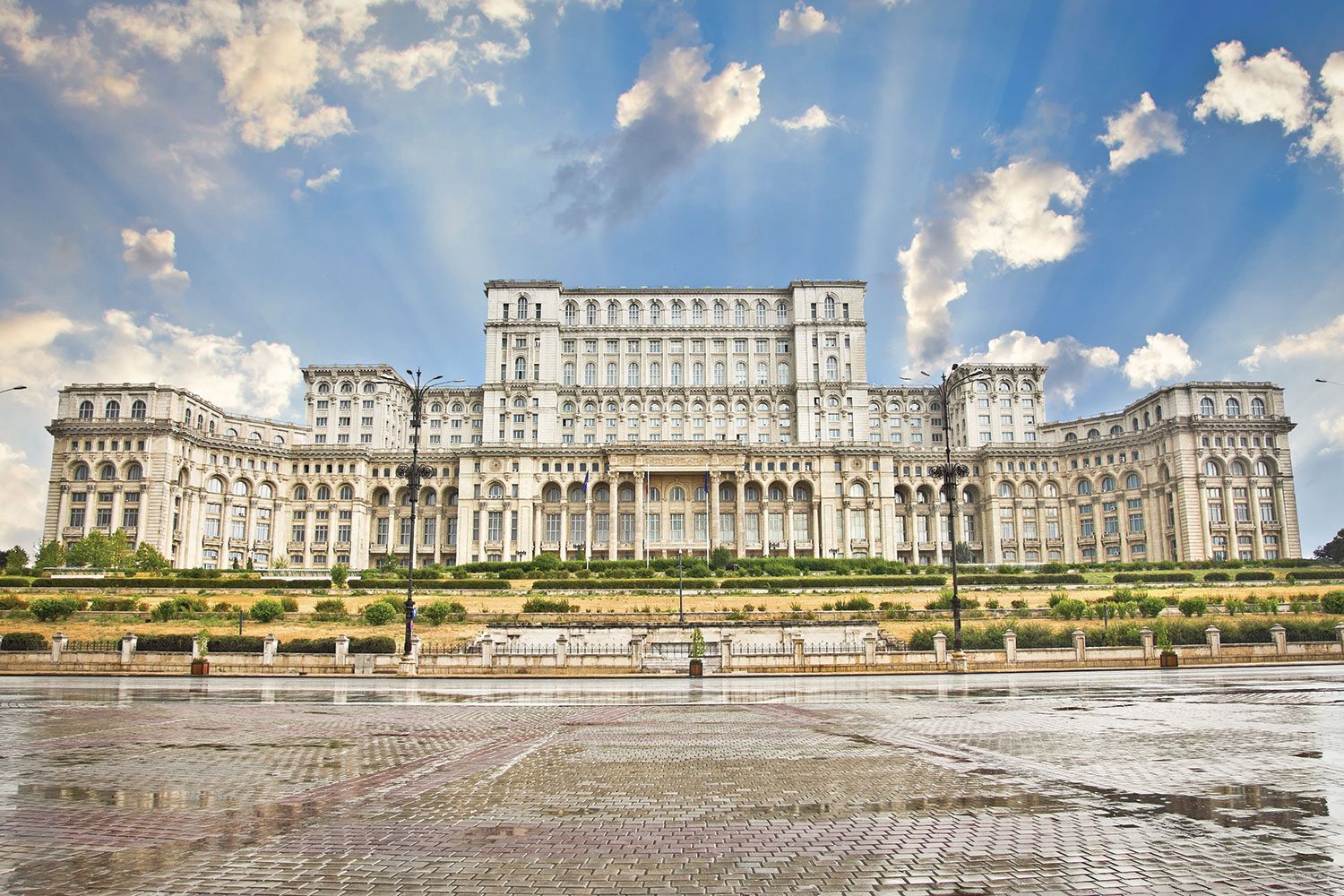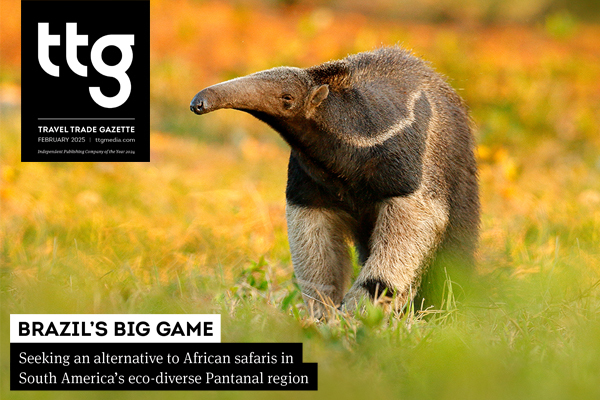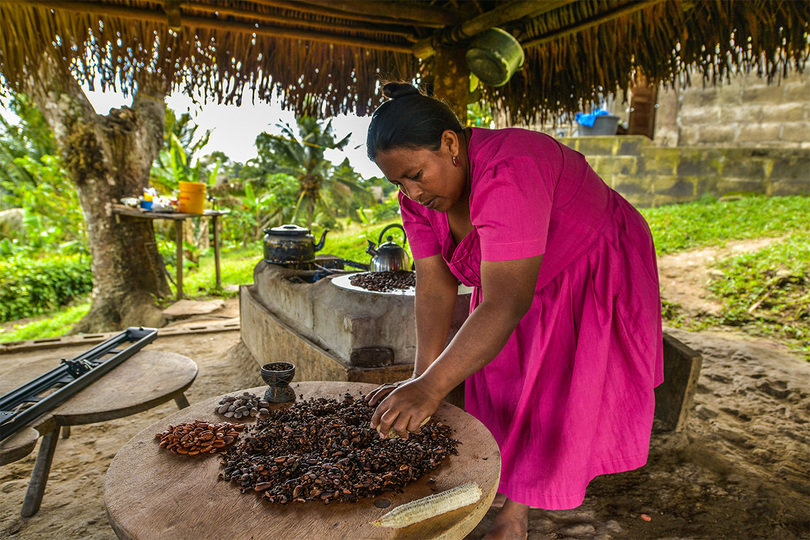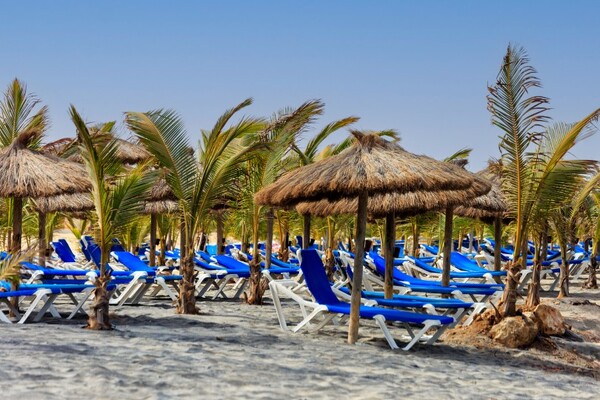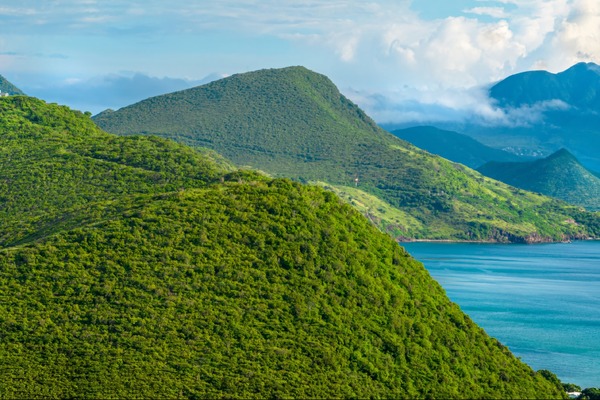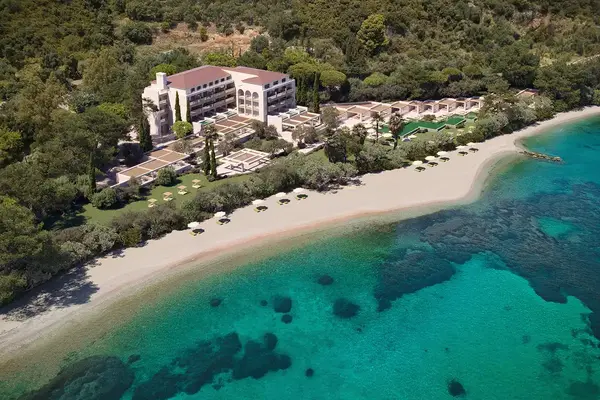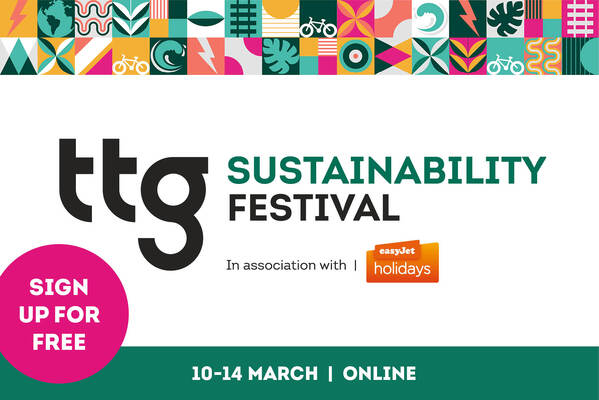Could this Eastern European city be the next Budapest?
 TTG Staff
TTG StaffRomanian capital Bucharest is bursting with culture and character - Chloe Cann finds a city well worth exploring
I’ve just surrendered my passport. The security guard duly hands over an ID number. “Stay close to the group because no one is allowed to go alone,” announces a young official. A sign on the wall stands testament to his word, alerting visitors that leaving the group constitutes a criminal offence.
What may sound like the entrance to a maximum security prison is in fact Bucharest’s principal tourist attraction. The Palace of Parliament might just be the most morbidly fascinating building I’ve ever laid eyes on. Spread across 35 hectares (or 49 football pitches) the seat of Romania’s parliament is one of the world’s largest buildings and the heaviest. It was dreamt up by former dictator Nicolae Ceausescu. Construction work began in 1984 and finished in 1997, eight years after his execution, following the Romanian Revolution.
Rise of an empire
Life outside these walls has changed drastically since Ceausescu’s demise. Today Bucharest is a patchwork of tree-lined boulevards, bustling flea markets, art nouveau houses, glamorous clubs, pedestrianised streets, brutalist buildings and ornate orthodox monasteries. Although it’s nestled in the heart of Eastern Europe, Romanians feel removed from the culture of their neighbours, explains our tour guide, Bogdan. “We define ourselves as Latin; as descendants of the Roman Empire,” he notes. The Romanian language sounds more like Italian than any Balkan or Slavic language, and Bucharest proudly bears the moniker “Little Paris”.
While there are parallels between Bucharest and Europe’s Latin nations, the chances are that if your clients like Budapest they will feel just as enamoured by the Romanian capital. Much like other Eastern European cities, Bucharest is inexpensive for British travellers: a 30-minute taxi ride costs around £4, and a three-course dinner with a glass of wine will set you back around £15.
The food and drink scene in Bucharest is not just affordable, it’s also incredibly diverse. The legacy of the Ottoman Empire means the city has a thriving coffee culture - at new espresso house Origo the bearded baristas explain the nuances of the daily blends, take orders on iPads and artfully weigh and brew the beans.
At historic bar and restaurant Caru’ cu Bere - Romania’s oldest beerhouse - the atmosphere is electric. Hurried waiters swing between tables, delivering baskets of “peasant bread”, platters of meat and steins of beer, while plumes of cigarette smoke rise into the air. A string quartet performs Romanian folk songs and an excited patron brandishing a glass of palinka (fruit brandy) breaks into song. With its vaulted, gold-trim ceilings, stained-glass windows and mosaic flooring the 19th-century building is doused in character.
If your clients yearn for a more glamorous dining experience the restaurants that line Lake Herastrau, in the city’s north, could prove the perfect solution. Bucharest’s beautiful people head to open-air restaurant and bar Biutiful in the summer, where Cafe del Mar-inspired tracks ooze out of the speakers. A city that never sleeps, many Romanian partygoers skip dinner and head straight for Biutiful’s bar for an Aperol Spritz, before heading to the clubs. Though they may not be as astounding as the Palace of Parliament, it’s a damn sight easier to get through security.
Book it: Angelo Airporthotel offers agents 10% commission when they book direct. Email the reservations team at info@angelo-bucharest.com The hotel’s Nightlife Extender package costs from €75 per person per night.
Wizz Air flies to Bucharest three times daily from Luton airport and last June launched a twice-weekly service from Doncaster Sheffield. Return flights from Luton to Bucharest start at £49.98pp and agents can book tickets by signing up for an agency account.
Sign up for weekday travel news and analysis straight to your inbox

TTG Staff
Supplier Directory
Find contacts for 260+ travel suppliers. Type name, company or destination.
